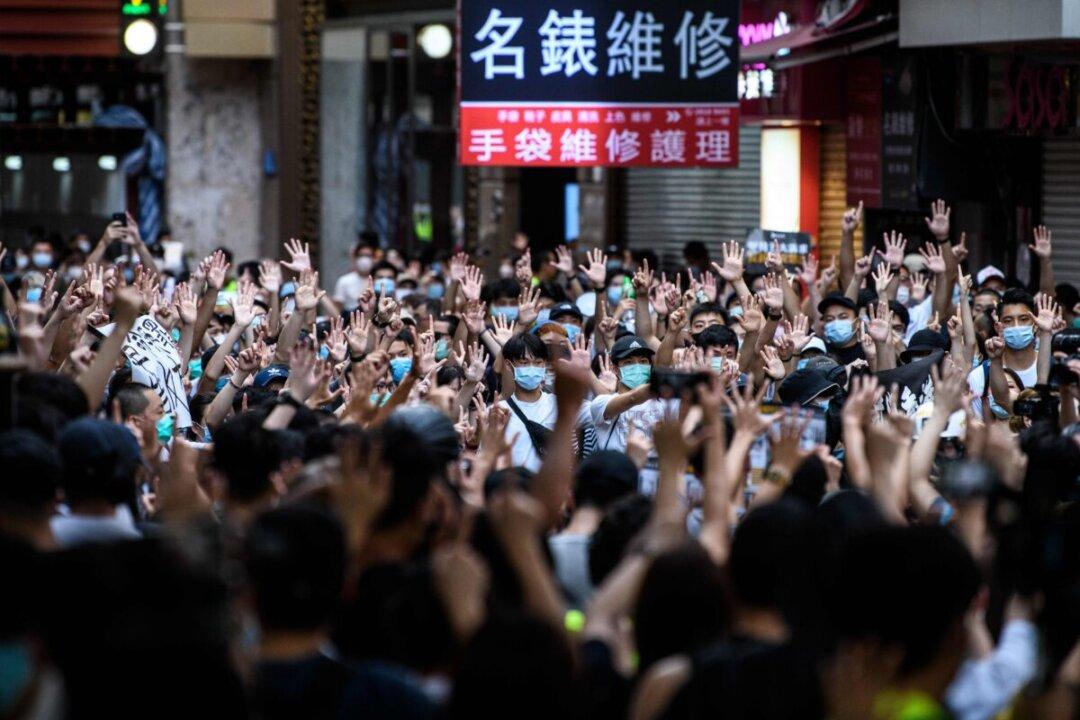HONG KONG—Hong Kong’s top court on Thursday quashed attempts by the city’s government to prosecute people for rioting or “illegal assembly” even without being present at the scene. A ruling lawyer described it as a landmark decision.
The five-judge panel in Hong Kong’s Court of Final Appeal, headed by Chief Justice Andrew Cheung, unanimously rejected an earlier ruling by a lower appeal court that people, such as supporters, could be criminally liable without being actually present under the common law doctrine of “joint enterprise.”





